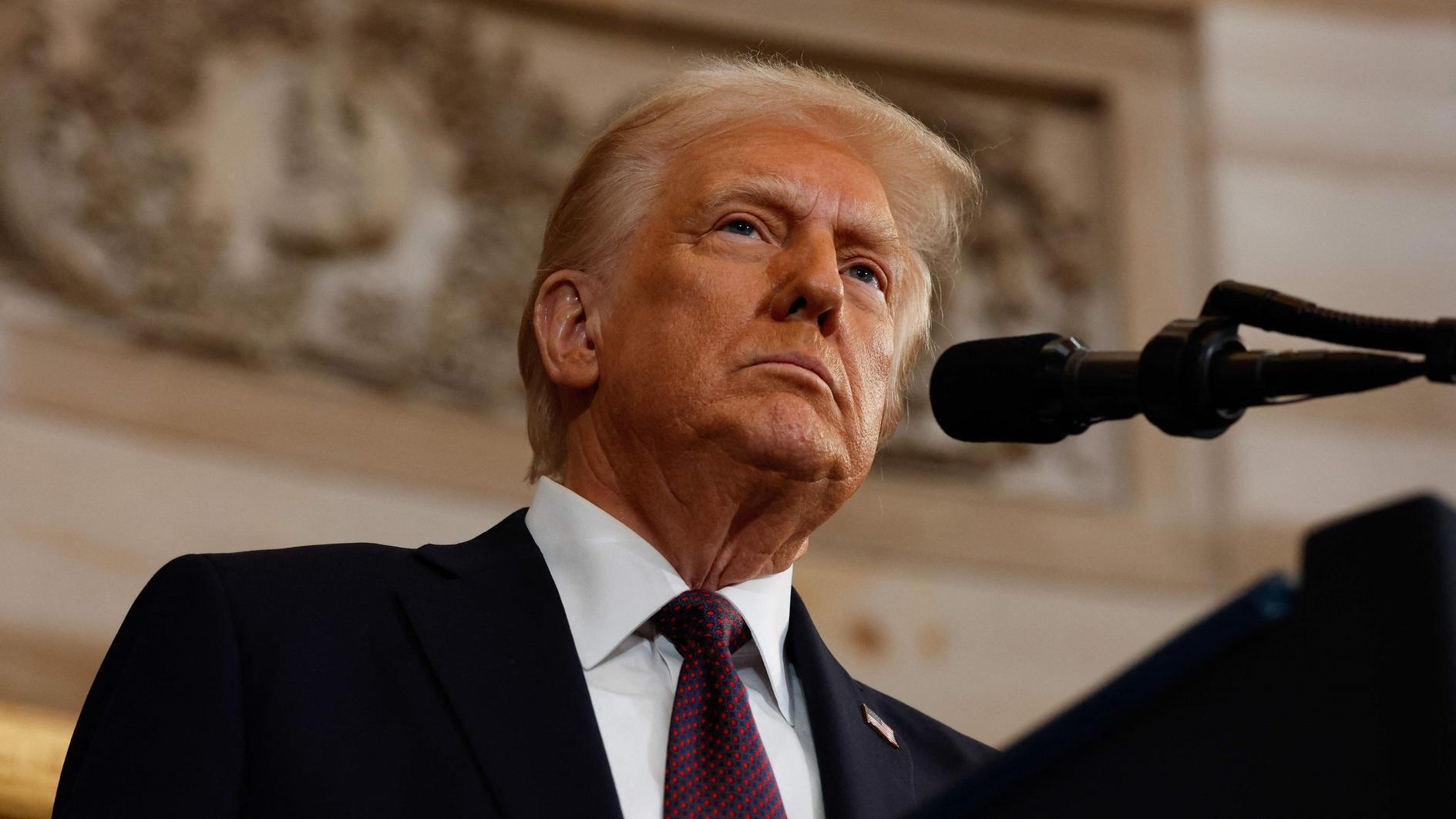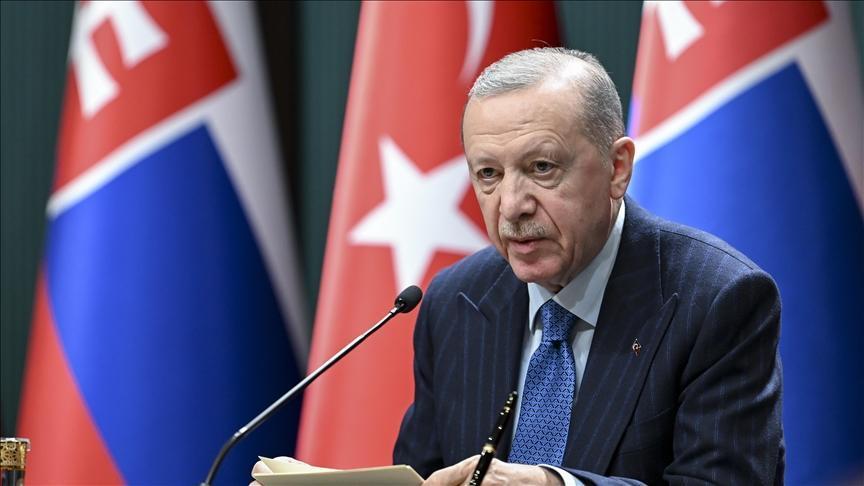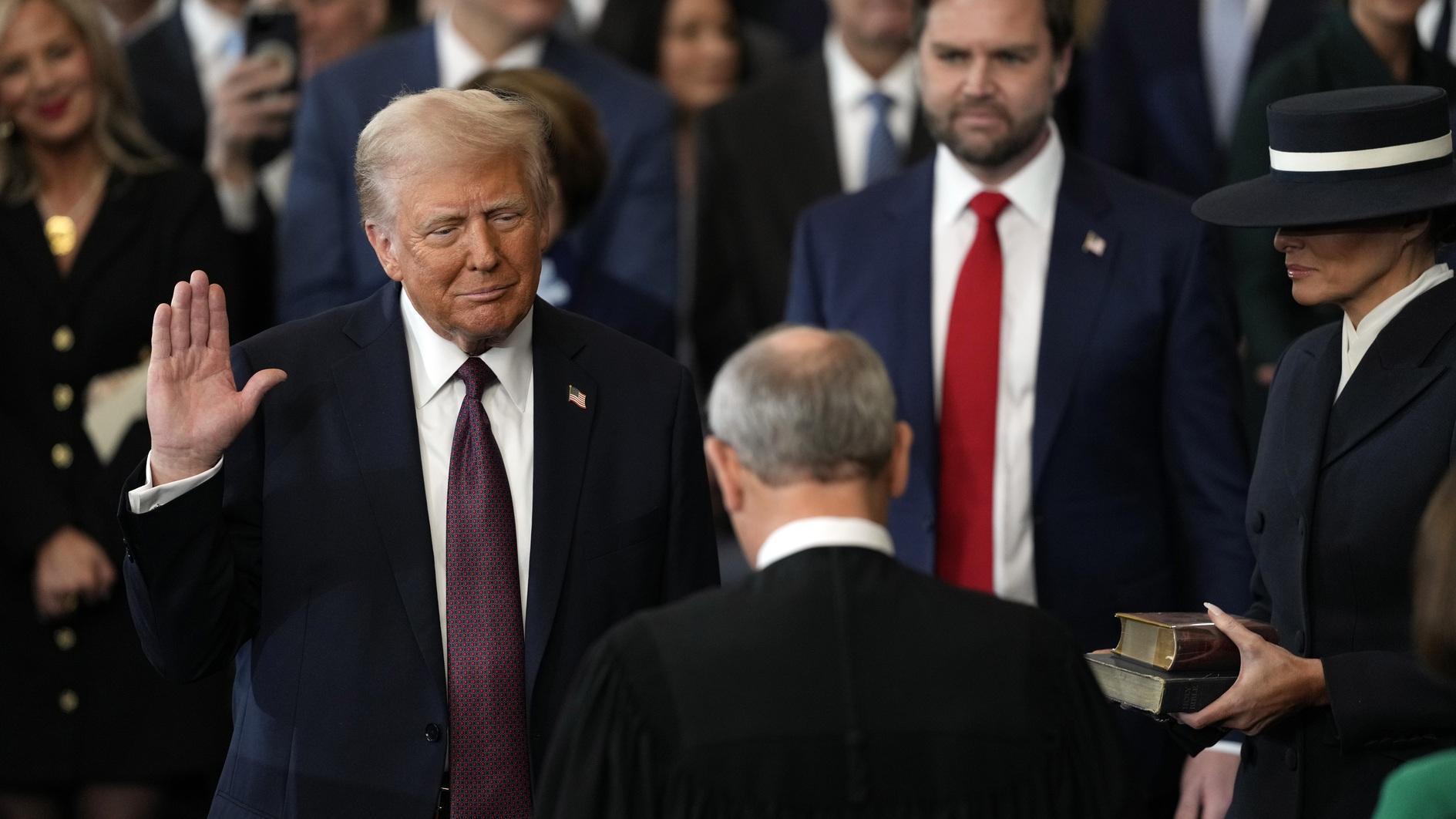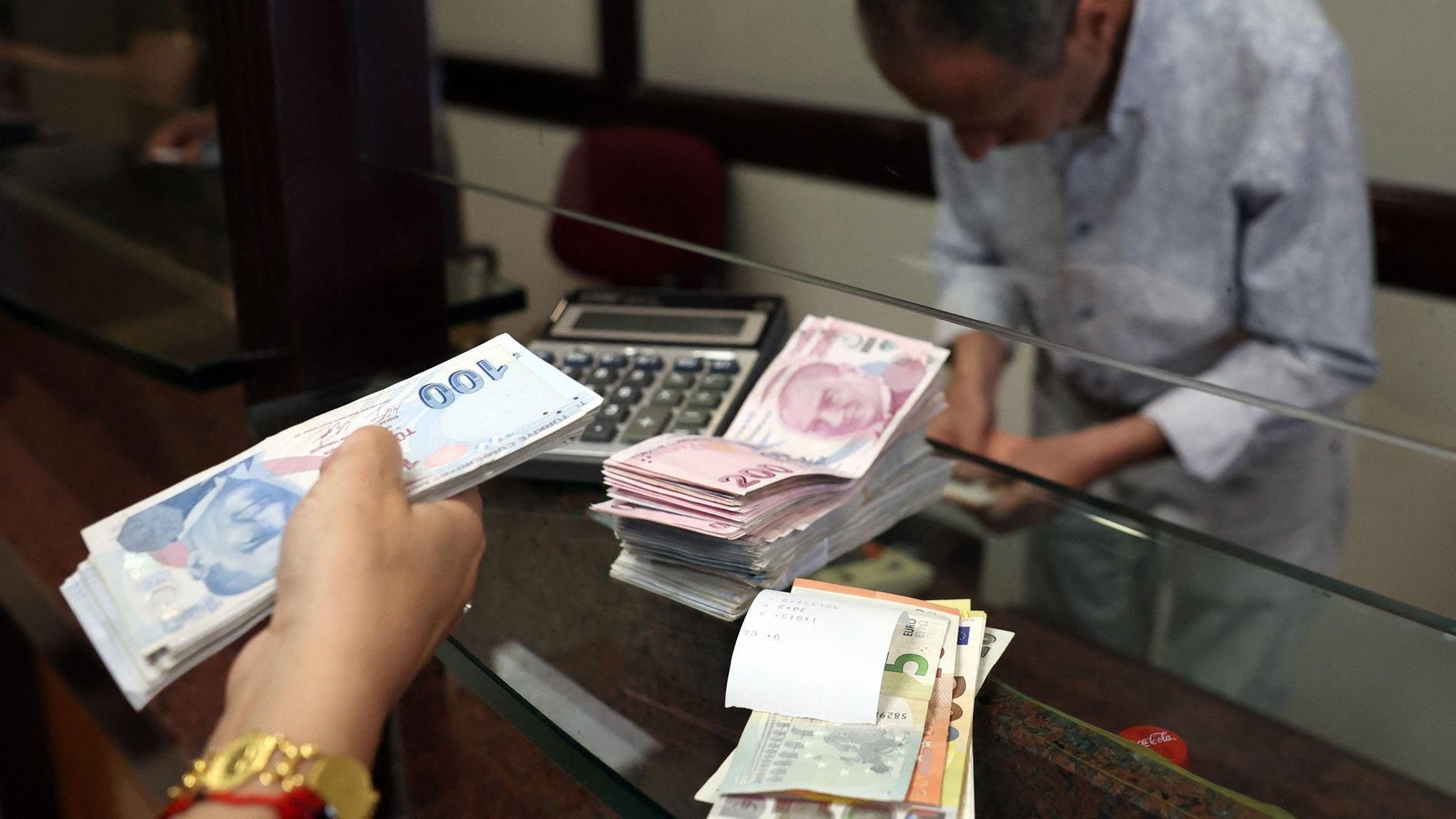Turkey’s Diyanet denies responsibility in controversial fatwa on father’s lust for daughter
ANKARA
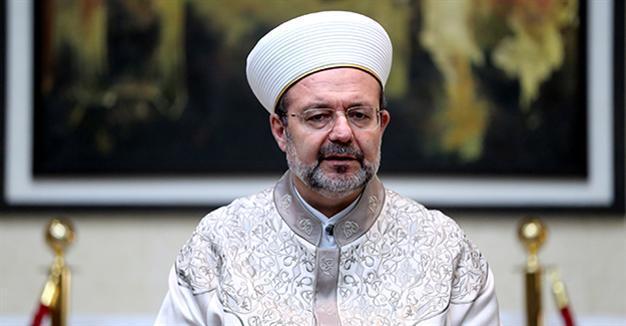
AA Photo
The Directorate of Religious Affairs (Diyanet) has vehemently defended itself after public uproar greeted its response to a question on whether “a father’s lust for his daughter would affect his marriage,” saying its answer was deliberately “distorted.”In an official statement to the press, the Diyanet said its response was distorted through “tricks, wiliness and wordplay” aiming to discredit the institution, adding that it would take legal action against news reports of the response.
The reply had briefly appeared on the “fatwa” section of the Diyanet website, where readers’ questions are answered.
One anonymous user asked whether a father having sexual desire for his daughter would result in the cancellation of his marriage from a religious perspective.
The Diyanet posted an answer stating that there is a difference of opinion on the matter among Islam’s different schools of thought.
“For some, a father kissing his daughter with lust or caressing her with desire has no effect on the man’s marriage,” the answer said, referencing various religious sources.
The Diyanet cited the Hanafi school of Islamic jurisprudence as an exception, as it sees the daughter’s mother as “haram” (Arabic for “forbidden”) to such a man.
“Moreover, the girl would be over nine years of age,” it also said.
The scandalous “fatwa” created a social media storm, as scores of users appealed to the Telecommunications Presidency’s Internet Hotline accusing Turkey’s top religious body of “encouraging child abuse.”
The Diyanet subsequently removed the answer from its website and posted a warning, saying the page in question was “under repair.”
The religious body – one of Turkey’s best funded state institutions - recently came under fire after it stated that engaged couples should not hold hands or spend alone time during the engagement period.



